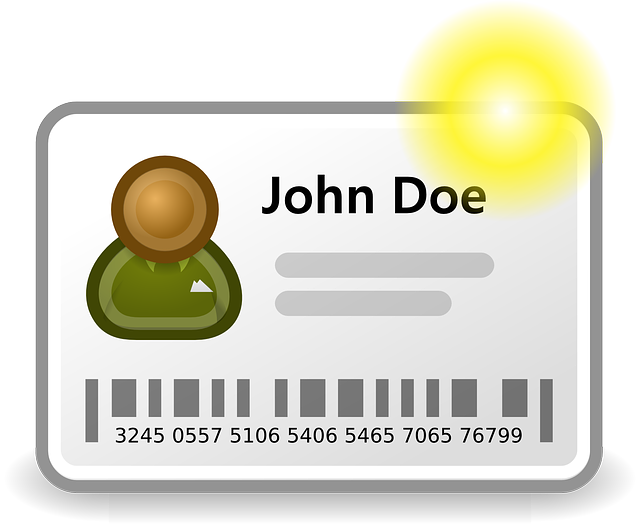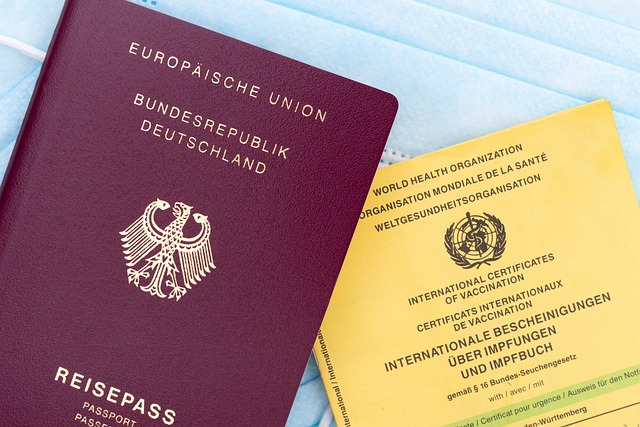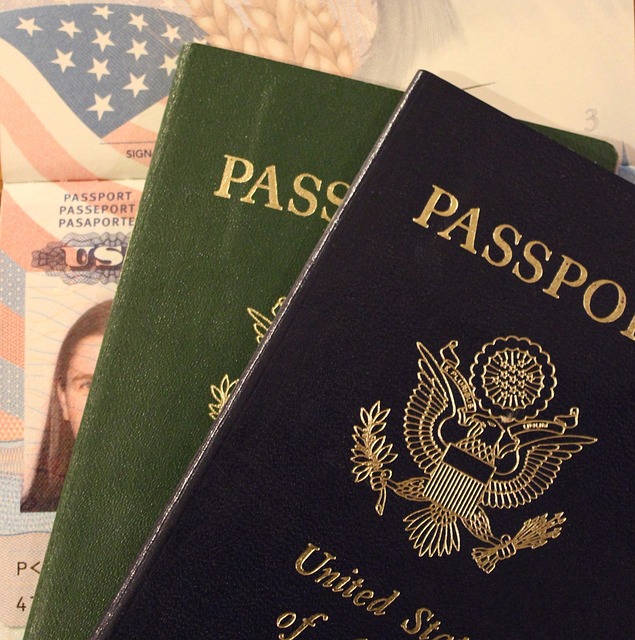VIN search tools are crucial for car buyers, providing detailed vehicle history reports based on a 17-character Vehicle Identification Number (VIN). These tools help avoid hidden issues like flood damage or accident history, especially post-natural disasters. By verifying VINs, buyers can make informed decisions, ensuring safe and reliable used cars.
In the quest for a reliable used car, cautious buyers must be vigilant against potential pitfalls. The recent reminder from the National Highway Traffic Safety Administration (NHTSA) highlights the growing concern over flood-damaged vehicles making their way into the market post-hurricanes. To protect yourself from financial loss and safety hazards, understanding how to leverage Vehicle Identification Number (VIN) search tools is paramount. This article guides you through essential steps, including demystifying VIN databases, addressing the impact of natural disasters, and following NHTSA’s advice on accident history validation, ensuring a transparent and worry-free car purchase process.
- Understanding VIN Search Tools
- The Impact of Natural Disasters on Used Cars
- NHTSA's Accident History Validation Reminder
- How to Avoid Hidden Defects with VIN Check
- Ensuring a Worry-Free Car Purchase
Understanding VIN Search Tools

VIN search tools are designed to uncover crucial information about a vehicle’s history, making them indispensable for savvy car buyers. Every vehicle has a unique Vehicle Identification Number (VIN), which serves as its fingerprint. These search engines utilize this 17-character code to access a wealth of data stored in databases maintained by various organizations and government agencies.
By inputting the VIN into such a tool, users can gain insights into the car’s past, including accident reports, ownership history, maintenance records, and even whether it has been reported stolen. This level of transparency is invaluable when considering a used vehicle, as it helps buyers avoid potential pitfalls and ensures they make informed decisions.
The Impact of Natural Disasters on Used Cars

Natural disasters, such as hurricanes and floods, can significantly impact the used car market. When severe weather events strike, countless vehicles are damaged, left abandoned, or submerged in water. These vehicles then make their way back onto the market, often with hidden defects that could pose safety risks to new owners. Even cars that appear to be in good condition may have undergone extensive water damage, affecting critical components like electrical systems and structural integrity.
The aftermath of natural disasters creates a unique challenge for both car buyers and sellers. Buyers need to be vigilant to avoid purchasing flood-damaged vehicles, which can lead to costly repairs or even pose health risks due to mold growth. Sellers, on the other hand, must disclose any history of damage to ensure transparency. A thorough VIN search using an online database is an effective tool for buyers to verify a vehicle’s history and stay informed about potential issues associated with natural disaster-affected cars.
NHTSA's Accident History Validation Reminder

The National Highway Traffic Safety Administration (NHTSA) recently issued a timely reminder to car buyers about the significance of accident history validation, especially in the wake of recent natural disasters like hurricanes. With countless vehicles damaged and left to be sold post-disaster, the NHTSA urges consumers to take extra precautions when purchasing used cars. This reminder highlights the potential risks of buying a vehicle without thoroughly checking its history, which can lead to unforeseen issues and financial losses for unsuspecting buyers.
By emphasizing Accident History Validation, the NHTSA encourages car owners and buyers to utilize advanced tools like VIN search databases. These databases offer transparency by providing detailed information about a vehicle’s past, including any accidents, repairs, or flood damage. Such measures ensure that consumers are well-informed and can make intelligent decisions when purchasing pre-owned vehicles, ultimately safeguarding them from potential headaches and costly surprises.
How to Avoid Hidden Defects with VIN Check

When considering a used car purchase, one of the most effective ways to avoid hidden defects is through a Vehicle Identification Number (VIN) check. This process involves using specialized tools or online databases that cross-reference your vehicle’s unique VIN against vast records, including accident history, ownership changes, and maintenance records. By doing so, you gain invaluable insights into the car’s past, ensuring it hasn’t been in significant accidents or suffered hidden damage.
A VIN check allows you to verify if a used car has been recalled for safety issues, if it has had major repairs, or if it was ever involved in water damage during natural disasters like hurricanes. Such transparency is crucial, as flood-damaged vehicles can pose significant risks due to potential electrical issues, rust, and compromised structural integrity. With a simple VIN lookup, you can protect yourself from making an expensive mistake and ensure the car you’re buying is safe and reliable.
Ensuring a Worry-Free Car Purchase

When shopping for a used car, it’s easy to get caught up in the excitement of finding a great deal and overlook potential red flags. However, taking a proactive approach through a thorough vehicle history check is crucial to ensure a worry-free purchase. A VIN search tool allows you to access detailed information about a car’s past, including accident records, ownership history, and maintenance logs. This valuable insight can reveal hidden issues or undisclosed damage, such as flood-related problems, which could save you significant costs in repairs or hidden warranties.
By validating the accident history, you gain peace of mind knowing that the vehicle has not been involved in severe accidents or experienced extensive damage. This is especially relevant after natural disasters like hurricanes, where many vehicles have been affected and might end up on the second-hand market without proper disclosure. A VIN database acts as a protective measure, empowering buyers to make informed decisions and avoid potential financial pitfalls associated with purchasing a car with undisclosed issues.
In today’s market, where natural disasters can leave a trail of damaged vehicles, conducting a thorough VIN search is more crucial than ever. By utilizing these powerful tools and staying informed about accident history validation, car buyers can navigate the used car landscape with confidence. A simple check can prevent significant financial losses and ensure a worry-free purchase, making it an essential step for anyone looking to invest in a pre-owned vehicle.



